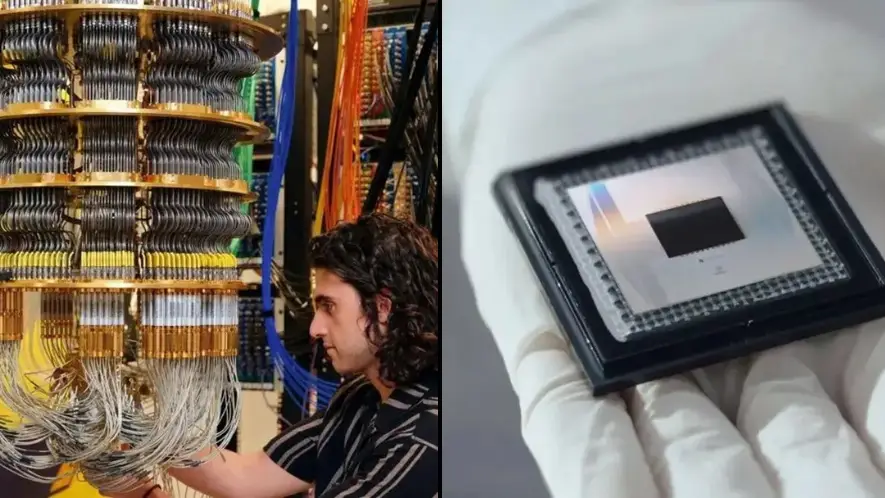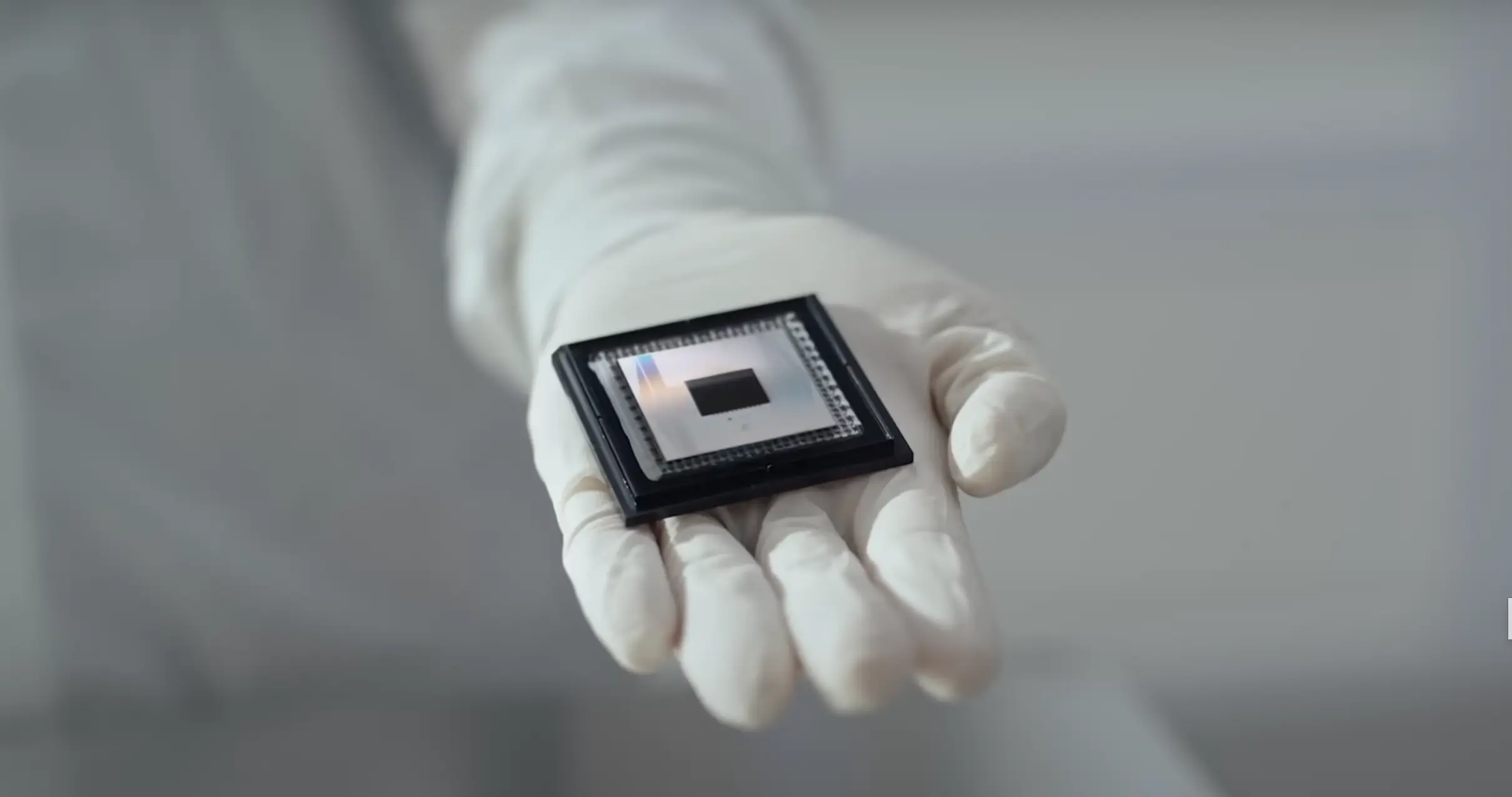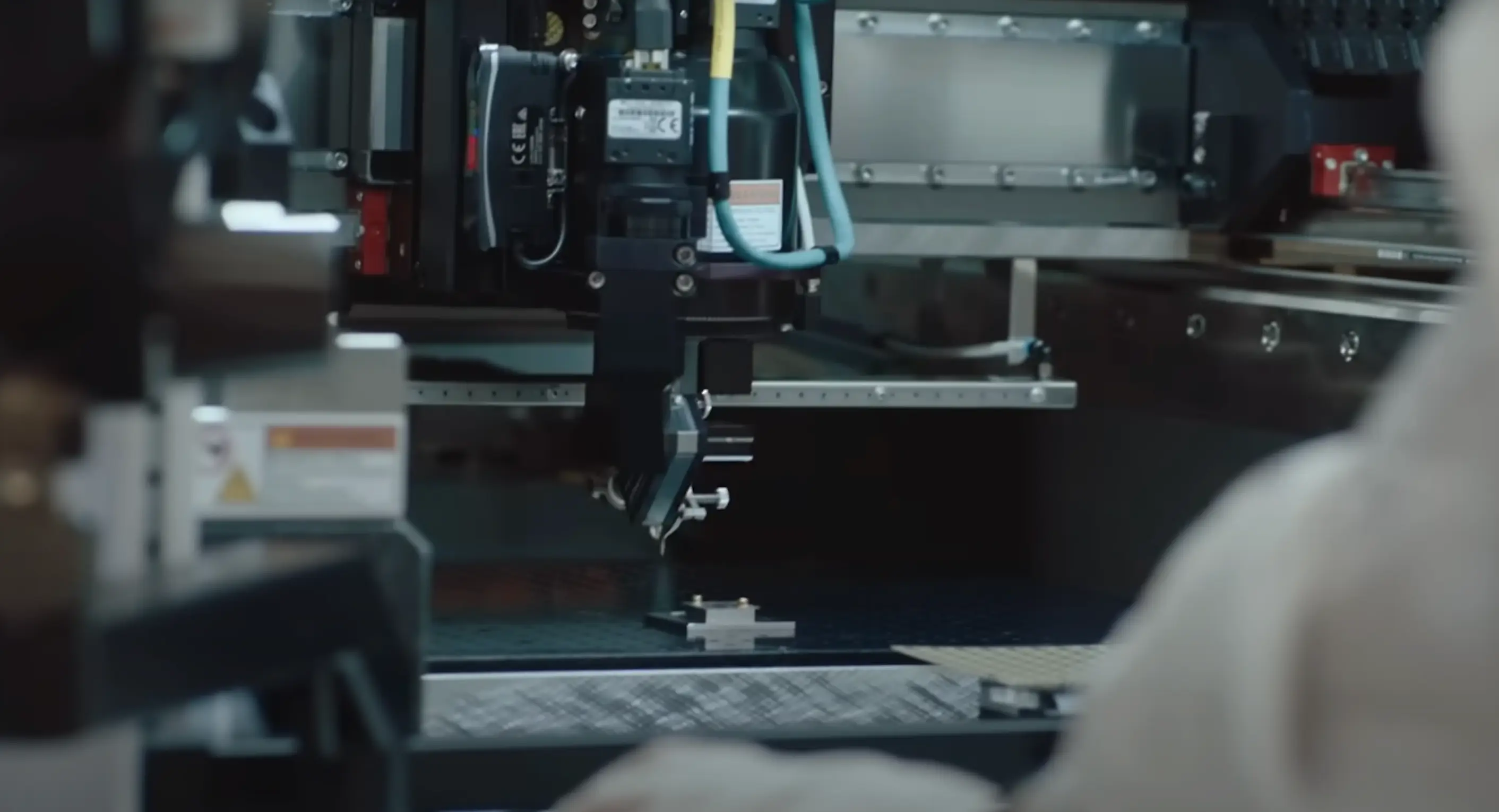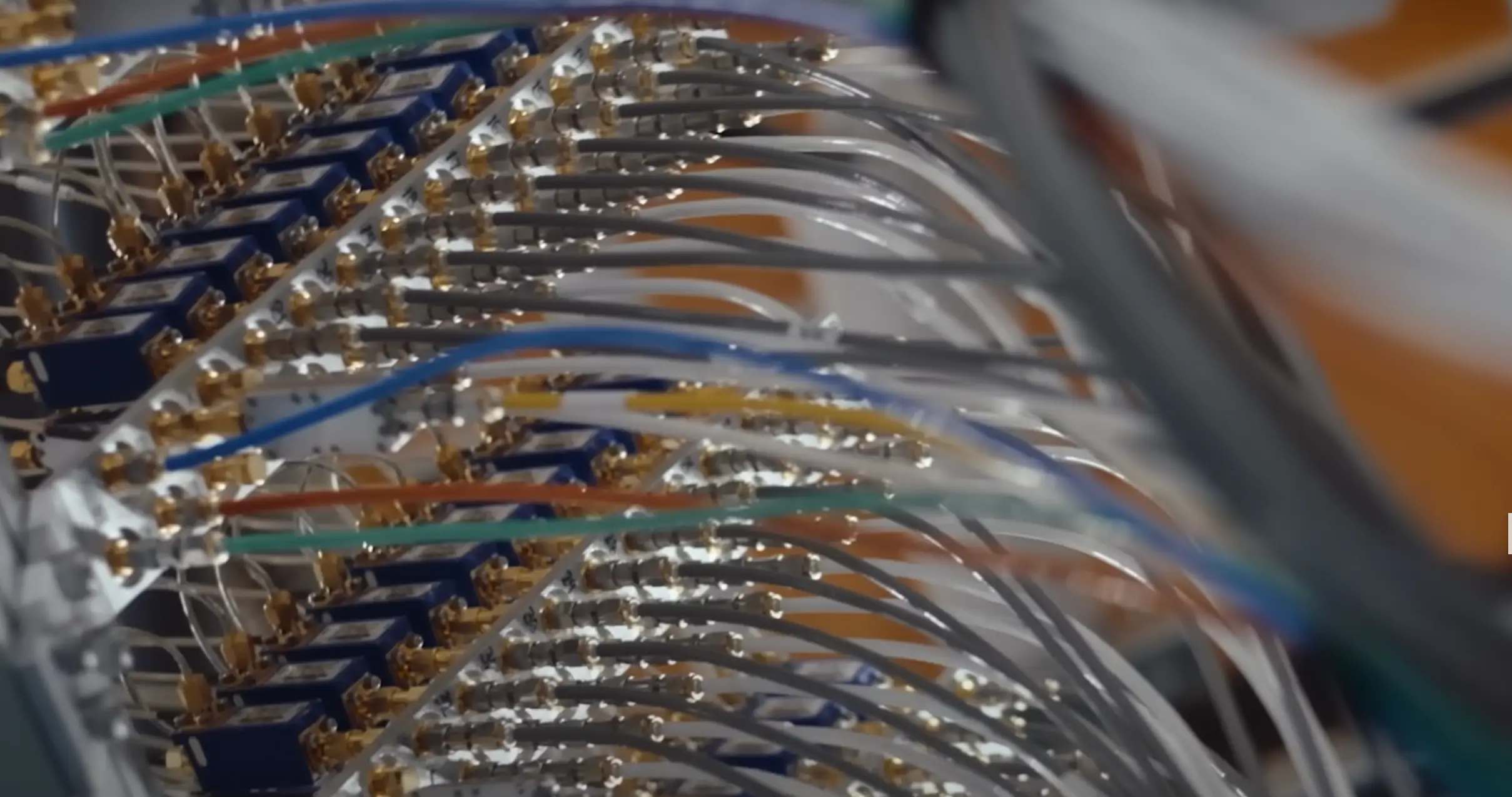
Google has claimed that its latest 'state of the art' creation could 'prove' we live in a multiverse as it achieves an incredible feat.
It seems nowadays technology companies are trying to outdo each other when it comes to the latest products and more recently, with their own forms of Artificial Intelligence (AI).
You may have heard of American tech company Google before, but apart from its search engine, it also spends time developing computer software, online advertising and quantum computing among other things.
And it has recently announced a breakthrough in one of these areas.
Advert

What is Google's new quantum chip?
The tech giant's newest 'quantum chip', named 'Willow', is designed to reduce errors in AI and chips that already exist, similar to other Quantum computers, which are used to solve highly complex problems that normal computers can't solve.
Founder and Lead of Google Quantum AI, Dr Hartmut Neven, describes the performance of the new creation as 'state-of-the-art', claiming its quick computational power allows it to solve problems in under five minutes.
He explained that Willow can lessen the number of errors by using more 'qubits' - the basic unit of information in quantum computing.

So, what does this all have to do with the multiverse?
Neven went on to add that the only explanation behind Willow's unprecedented speeds is that it draws information from parallel universes.
A concept made popular in pop culture by films, physicists often argue that parallel universes exist and that we will see proof soon.
The creator explained: "Willow’s performance on this benchmark is astonishing: It performed a computation in under five minutes that would take one of today’s fastest supercomputers 1025 or 10 septillion years. If you want to write it out, it’s 10,000,000,000,000,000,000,000,000 years.
"This mind-boggling number exceeds known timescales in physics and vastly exceeds the age of the universe. It lends credence to the notion that quantum computation occurs in many parallel universes, in line with the idea that we live in a multiverse, a prediction first made by David Deutsch."

Professor Deutsch is a physicist at the University of Oxford, and is known for his work in quantum computing after putting in research during the 1990s, supporting Neven's claims.
Skeptics cast doubts
However, some doubters say that these claims about its performance are based on the company's own benchmark to measure quantum performance, and that it doesn't prove that people in parallel universes are getting our information for us.
The development of Willow and the scientific findings behind it have been published in the journal, Nature.
Topics: Technology, Artificial Intelligence, Google, Science